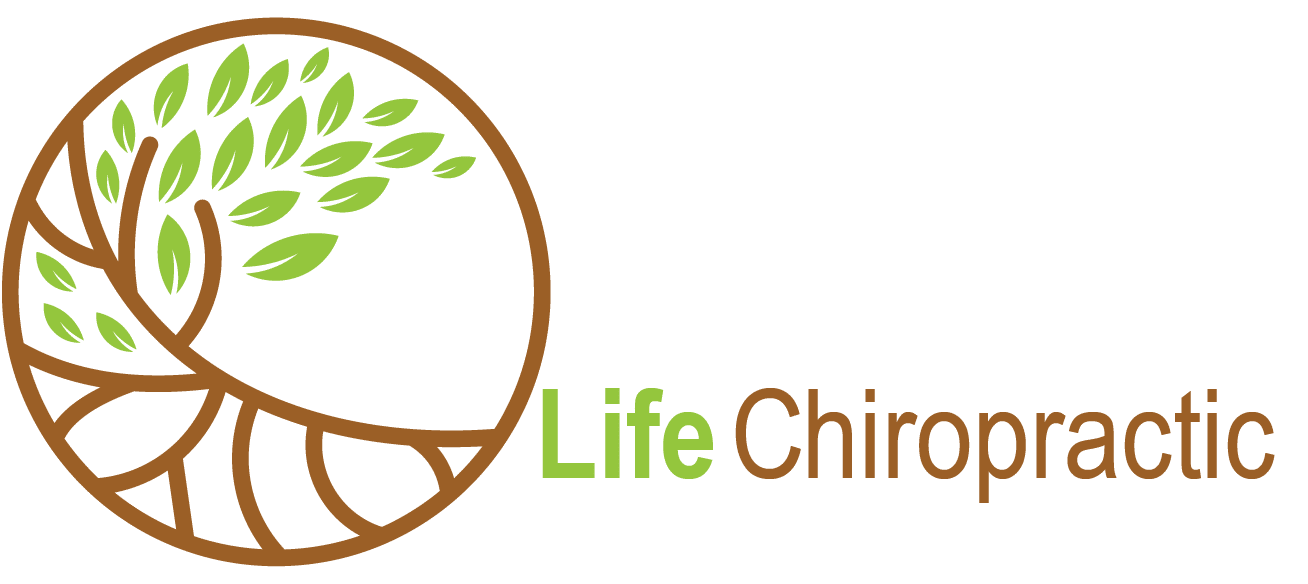The Science of Breathing: Understanding the Basics
Breathing is not only taken for granted, but rarely discussed as a cause of health challenges or a solution to them. The reality is that how we breathe profoundly affects our physical and emotional health. The differences between nasal and mouth breathing have a tremendous impact on our health.
“You wouldn’t eat with your nose so why breathe with your mouth?” That statement is a great way to emphasize just how specialized the nose is for breathing. The nose was designed for breathing. The mouth is intended for eating, drinking and talking.
Let’s look at 7 Benefits of Breathing Through the Nose:
- First Line of Defence Against Illness
The nose filters the air and removes dust, pollen, and particles from the air before reaching your lungs. Research demonstrates that the nose is much more efficient in filtering small particles.
The nose in addition to filtering also moistens the air and warms it to body temperature.
- Better Oxygen
Research shows that nasal breathing helps in the production of Nitric Oxide in the sinuses which enhances oxygen absorption and delivery. Nitric Oxide opens up the breathing passages and also dilates blood vessels so that oxygen carrying blood can more readily reach its destination.
Nasal breathing also reduces the quantity of air entering the lungs and while this might seem like a negative it results in a better ratio of O2 and CO2. Carbon Dioxide (CO2) is critical in the delivery of oxygen to the tissues.
- Better Oral Health
Nasal breathing helps maintain a healthier oral environment and reduces the “bad” bacteria and supports oral health. Mouth breathing increases the acidity in the mouth which is more conducive to dental problems.
- Better Sleep
Mouth breathing causes a mild activation of the sympathetic nervous system more likely to be disruptive to your sleep. Mouth breathing is also more likely to trigger snoring and sleep apnea.
If you snore or wake with a dry mouth it is a sure sign that you are mouth breathing. A simple solution is to train nose breathing during sleep with mouth tape that gently keeps your lips closed and encourages nasal breathing.
- Relaxes and Calms the Nervous System
Research on Breathwork has shown significant benefits to stress levels and mental health. Correcting dysfunctional breathing patterns always starts with nasal breathing.
Nasal breathing slows the rate and amount of air entering the body and this has a greater effect on activating the Vagus Nerve of the parasympathetic nervous system. This is the division of the nervous system referred to as the “rest and digest” system.
- Lowered Stress and Anxiety
The Vagus Nerve is the foundation of your health and well being. It is involved in healthy digestion, restorative sleep, lowered heart rate and blood pressure, relaxation, recovery, repair, healing.
On the other hand if the Vagus Nerve is not active it means an overactive sympathetic nervous system that drives inflammation, muscle tension and pain, disturbed digestion, and stress and anxiety.
This study evaluated the effect of breathwork on stress and mental health.
- Better Health and Avoidance of Chronic Illness
Between 75% and 90% of all doctors visits are for stress related conditions. This is directly related to the impact of daily stress on activating the sympathetic “fight or flight” system. This impairs the body processes that support health and well being.
Nasal breathing is a great first step in activating the Vagus Nerve and bringing greater balance to the autonomic nervous system.
WHERE DOES CHIROPRACTIC FIT IN?
For the purposes of this discussion we are talking about Corrective Chiropractic Care and not traditional chiropractic.
The focus of the chiropractic care at Life Chiropractic in Grass Valley is on correction with emphasis on balancing the autonomic nervous system. When spinal bones are misaligned in the upper neck and pelvis it often results in a lowering of the activity of the Vagus Nerve that we have been discussing.
Misalignments in the mid and lower back have a greater tendency to activate the sympathetic “fight or flight” system.
You can see that this combination on reduced Vagus Nerve activity combined with increased sympathetic activity is one reason people are walking around experiencing some combination of:
- Neck and shoulder pain and tension
- Lower back pain
- Increased inflammation
- Elevated heart rate and blood pressure
- Impaired digestion such as acid reflux and inflammatory bowel
- Impaired quality sleep
- Poor immune response
CHIROPRACTIC AND VAGUS NERVE TRAINING
Corrective chiropractic helps bring the body back to a state of balance, reducing irritation of the nervous system and bringing greater ease and relaxation to the body.
In our office we then add conscious breathing practices that involve correcting dysfunctional breathing patterns and breath practices designed to activate the Vagus Nerve and restore a healthy autonomic nervous system balance.
If you are ready to bring greater ease and balance to your body and release stored tension and reduce pain you can schedule your initial visit to Life Chiropractic in Grass Valley here: Schedule Here
About Dr. Berkowitz
Bringing more than 3 decades of practice experience, Dr. Bill Berkowitz focuses on balancing and corrective care, applying his expertise to provide patients with predictable, repeatable and measurable results.
Dr. Bill consistently strives to enhance the well-being of his patients by addressing the root imbalances of their problems and promoting optimal balance, alignment, and function of the spine and nervous system.
Bill’s wealth of knowledge and experience has allowed him to develop a nuanced understanding of the human body and its intricate connections. With each adjustment, he supports the body in returning to a state of balance that goes beyond mere symptom relief, focusing instead on long-term correction for his patients’ well-being.
